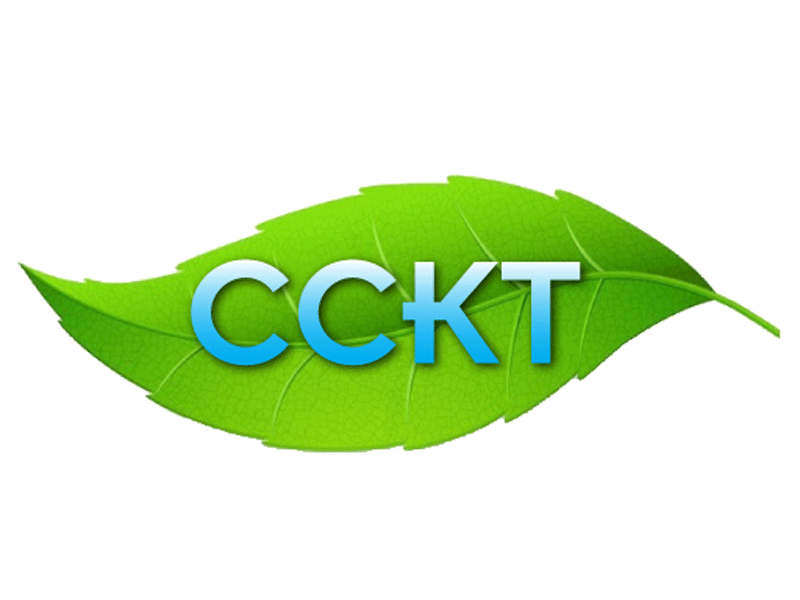My name is Avia Eek. I am the wife of a 3rd generation Holland Marsh farmer, Bill Eek. His Great Uncle, William Valenteyn, was one of the first settlers who came to the Marsh in the 1930’s.
We met in 1984, and started dating. On May 31, 1985, an F4 tornado tore through the Holland Marsh, leveling buildings (Bill’s Grandparents house on King St, was moved right off its foundation!!!), damaging others, and ripping trees out of the ground. The canal (which surrounds the Holland Marsh) was full of an assortment of debris, but the entire community pulled together, including children from a local school, in the big cleanup.
It’s ALWAYS really windy in April and May—which is also seeding time for early crops—so we are wary about a tornado popping up, especially towards the end of May each year.
In November, 1988, we were married. That date was chosen because back then, harvest was finished and the crop was in the barn by that time of the year. We still tease Bill because on our wedding day, he was still on the tractor finishing up some field work while some of the neighbours we had invited to attend were on their way to the Church. When I married Bill, his family still grew lettuce and celery, as well as carrots, onions and some potatoes. I remember (being the dutiful farm wife) getting up at 4:30 a.m. to head to the field for 5 a.m. to cut lettuce before getting ready to go to my job as a legal secretary in a law office in Aurora. That’s devotion!
I can think of no profession more noble and satisfying than that of farming. The farmer is responsible for providing safe, healthy and nutritious food for his community, town, province, country, and yes, Holland Marsh produce is exported around the world to the U.S., Puerto Rico, etc. we are local, national, and international—some people don’t know this.
When you are heading out to the tractor (I drive beside the combine at harvest), there is this overwhelming satisfaction that you are feeding your country. After all, “the success of a nation lies in its ability to feed itself”. So, I guess, indirectly, we are the backbone of this great nation.
Growing vegetables has become more competitive, as we have global trading partners who have different standards than we do regarding human rights issues, farm safety, pesticide use, environmental issues, protected farmland, etc. thus reducing their input costs, thereby creating a cheaper imported product. Farmers are no longer “just farmers”, the stewards of the land, providing food for our country. In today’s economy the farmer must also be business savvy, trying to forecast the future food requirements, etc.. There are many rules and regulations that MUST be adhered to, so the farmer must keep herself/himself up-to-date with current legislation. We are always keeping an eye on global developments. As with any business, you hire other professionals to aid you in sound farming practices, such as soil sampling to monitor the health of your soil; field scouts (in addition to the farmer scouting his fields) to check for diseases, bugs (there are many) in organic soil. For instance, thrips—if not monitored and the appropriate action taken, can wipe out five acres of onions in 4-7 days. We hire accountants who specialize in farm matters, succession, etc.. We must also be financial wizards. There are no automatic pensions—if you don’t find a way to put money away for retirement, too bad, no pension. Since you never know how the prices will go for the produce you have harvested, you learn to become frugal. You might find it curious that we don’t know the price we will sell for, but it is not up to us to establish the price. The chain stores contact the packing plants, and tell them what THEY are willing to pay, the packing plant then tries to locate produce based on the price they are given. It’s a bizarre way to do business. There are many cheaper imports available, so if we decide not to sell (we can only go so low before it is not worth selling), the crop stays in the storage until an acceptable price is reached.
Having said all of this though, and this IS just a glimpse into some of the difficulties of vegetable farming, and also having experienced a “cushy” office job for eleven years in a local prominent law firm, I would not go back to working in an office.
We ARE stewards of the land—it feeds us, and it feeds you. I am proud to be in that 2% minority, the profession that supplies 1 in 7 jobs. Farmers and farming practices are so misunderstood these days. Get to know your Holland Marsh farmer, you might be surprised by what you learn.
Eat today? Thank a Farmer!
By Avia Eek
